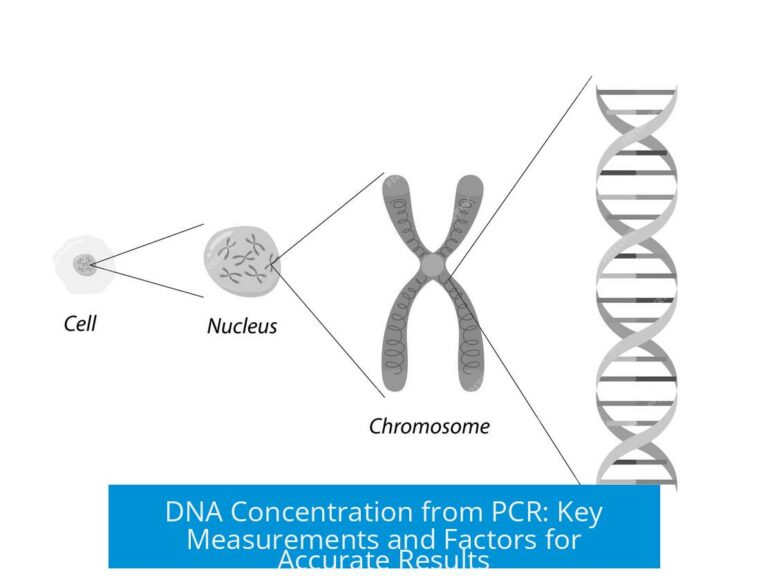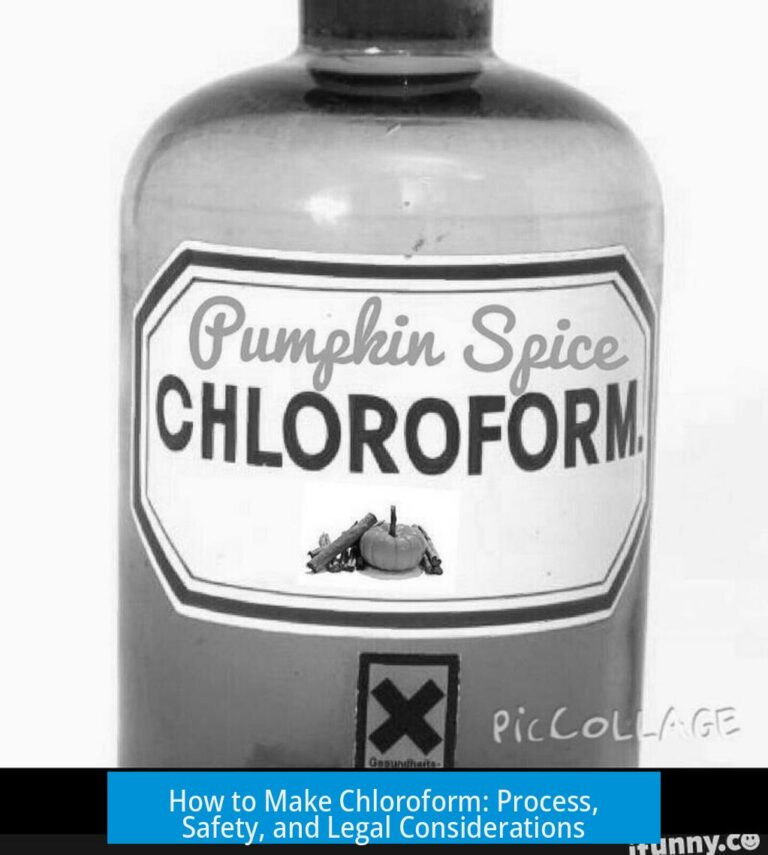Looking for a Sticky Substance
 When searching for a sticky substance, the key ingredient is often a tackifier, a chemical that gives materials their sticky feel without simply being thick or viscous. This can range from natural resins to synthetic adhesives, each with different properties tailored for specific uses.
When searching for a sticky substance, the key ingredient is often a tackifier, a chemical that gives materials their sticky feel without simply being thick or viscous. This can range from natural resins to synthetic adhesives, each with different properties tailored for specific uses.
Types of Sticky Substances
- Pine Sap / Tree Resin: Natural resins like pine sap are highly sticky. To make them sprayable, they must be thinned with solvents such as ethanol, which makes the mixture flammable.
- Rosin: Derived from pine tar, rosin is very tacky and durable. It lasts almost indefinitely unless physically contaminated but tends to be costly.
- Tackifiers: These are additives that increase stickiness. Many liquid tackifier products are commercially available for various applications.
- Pressure Sensitive Adhesives: These adhesives stay permanently tacky, such as those found on Post-It Notes. They stick without drying out.
- Craft and Hardware Adhesives: Available in craft and automotive stores, these glues remain sticky and flexible, useful for bonding fabrics and plastics without hardening.
- Non-drying Security Paint & Strongman’s Tacky: Used in security and athletic contexts, these substances maintain tackiness over time and resist drying.
Properties and Considerations

Sticky substances are generally difficult to remove with water, especially organic, resin-based tackifiers. Most require organic solvents for cleanup. However, these may pose safety or environmental concerns.
Defining the intended application is crucial when selecting a sticky substance. Factors such as the needed stickiness level, weight support, and exposure conditions influence the choice. For example, light tackiness is desirable for post-it notes, while strongman’s tacky must support heavy loads.
Alternative Suggestions
- Honey is a natural sticky option but is soluble in water and attracts pests.
- THC diluted in vegetable oil offers some tackiness but is unconventional and regulated.
- Biological substances like bodily fluids can be sticky but are generally unsuitable for practical applications.
| Sticky Substance | Properties | Typical Use |
|---|---|---|
| Pine Sap | Natural, highly sticky, flammable when thinned | Raw adhesive, crafts |
| Rosin | Long-lasting, expensive, highly tacky | Musical instrument bows, adhesives |
| Pressure Sensitive Adhesives | Permanent tackiness, clean removal | Notepads, tapes |
| Strongman’s Tacky | Non-drying, high grip strength | Athletic grip enhancement |
Key Takeaways

- Tackifiers are the essential chemical components that create stickiness.
- Natural resins and synthetic adhesives offer different performance levels and costs.
- Application requirements dictate the choice of sticky substance.
- Most tacky substances resist water but may require solvents for removal.
Looking for a Sticky Substance? Here’s What You Need to Know!
If you’re on the hunt for a sticky substance that checks certain boxes—easy to get, hard to wash off, non-toxic, stays sticky for ages, and can squirt from a bottle—then you’ve come to the right spot. Let’s dive into the gooey world of tacky materials and figure out which one suits your sticky needs best.
Stickiness might sound simple, but it’s actually a neat dance between two forces: adhesion and cohesion. Adhesion is when different substances cling together—think glue bonding paper to wood—while cohesion is the attraction between molecules within the same substance, like water droplets sticking together. The best sticky substances master both.
Natural Stickies: Pine Sap, Rosin, and the Tree’s Secret Sauce

Nature’s sticky superstar is pine sap (also called tree resin). It’s thick, gooey, and notoriously sticky. If you want to squirt it out of a bottle, you’ll need to thin it with ethanol or another organic solvent—but beware! That mix is flammable.
Next up is rosin, a pure pine tar product. It’s intensely tacky and practically immortal unless dirt crashes the party. The downside? Rosin can be expensive, so it’s not your best choice for a budget sticky prank (though it might just impress your friends with its longevity).
The Science of Tackifiers and Pressure Sensitive Adhesives
“Tackifier” might sound like a sci-fi gadget, but it’s the term for what makes stuff sticky instead of just thick and gloopy. You can buy liquid tackifiers in craft or industrial supply stores. They’re handy if you want to add stickiness to another substance or create a custom glue mix.
Ever wonder what keeps the iconic 3M Post-It Notes clinging to your notebooks without leaving residue? That’s thanks to a special kind of pressure sensitive adhesive. These adhesives stick with a gentle press and remain tacky without drying out.
Store-Bought Tacky Options: Craft, Hardware, and Automotive Glues
If you prefer off-the-shelf solutions, craft stores supply plenty of “tacky” glues designed for fabric and patterns. These glues never harden, retaining their stickiness forever. For tougher jobs, automotive and hardware stores sell ultra-tacky adhesives designed to bond fabric onto plastics. Perfect if your sticky project needs to hold weight or withstand rough treatment.
Unique and Specialized Sticky Substances
Some adhesives step outside the norm. Non-drying security paint is made to stay sticky forever, just like Strongman’s tacky—used by lifters for grabbing massive atlas stones. Both are tough, long-lasting, and the real deal for extreme tackiness.
What About Properties Like Solubility and Safety?
Hard-to-wash-off is a must for many sticky substance seekers. Most stickies resist water, but few are easy to clean with traditional means. Many organic solvent-thinned products are tricky here. You want something not harmful to skin when in contact. That rules out some industrial substances but leaves room for many craft or natural options.
TIP: If you’re planning a sticky prank, sharing precise details helps nail down the best substance! How sticky does it need to be? Should it support weight? What surfaces will it contact? Such info narrows down practical recommendations.
Got Ideas or Looking for Alternatives?
- Honey: Sticky, edible, cheap, and safe, but can attract bugs and might be too gooey.
- THC diluted in vegetable oil: Sticky and oily, though not a common or recommended option unless you’re in a very specific setting.
- Cum: An unconventional choice, sticky but not always practical or socially acceptable.
While these might spark a chuckle or offer quirky alternatives, most people lean toward store-bought tackifiers, natural resins, or specialized adhesives for controlled stickiness.
Sticky Substances in Nature: The Tiny Caulobacter crescentus
Here’s a fun fact from the microscopic realm: Caulobacter crescentus, a water bacterium, secretes a sugary goo so sticky it could theoretically hold several cars together. Nature clearly has its own super glue scientists could learn from!
Summary: Which Sticky Substance Fits Your Job?
| Sticky Substance | Strengths | Considerations |
|---|---|---|
| Pine Sap / Rosin | Natural, super sticky, long-lasting | Flammable when thinned, expensive, thick |
| Tackifier Liquids | Customizable, available commercially | May require mixing, varies in toxicity |
| Pressure Sensitive Adhesives | Clean stickiness like Post-It Notes | Not super strong for heavy loads |
| Craft/Hardware Glues | Designed for permanent tackiness | Some may never dry, messy to handle |
| Non-drying Security Paint/Strongman Tacky | Extremely sticky, durable | Specialized, may be pricey |
So, what’s your sticky situation? Planning a prank? Fixing something? Or just curious about the stickiest stuff on Earth? Knowing what you want is the first step—then grab the right glue (or sap) to make it happen.
Don’t let your sticky adventures turn into a messy disaster. Pick a substance that fits your needs and embrace the glorious grip of tackiness!
What is a tackifier and where can I find it?
A tackifier is a chemical that makes surfaces sticky. It differs from just being thick or viscous. You can buy liquid tackifiers easily online or in specialty stores.
How can pine sap be made to squirt from a bottle?
Pine sap can be thinned with ethanol or organic solvents to make it flowable. Keep in mind this makes the mixture flammable, so handle with care.
Are there adhesives that remain sticky and never harden?
Yes. Some adhesives from craft and hardware stores stay tacky indefinitely. They are often used for fabric adhesion or gluing onto plastics.
What non-drying sticky substances are used in strongman competitions?
Strongman’s tacky and non-drying security paint are used to grip objects like atlas stones. They stay sticky and do not harden over time.
Is it possible to remove sticky substances easily with water?
Usually not. Many sticky substances are resistant to water and need organic solvents for removal, which may be harsh or unsafe depending on the product.





Leave a Comment